Chitosan Oligosaccharide has a unique regulating effect on plants, different from traditional biopesticides and chemical pesticides. To enhance plant resistance to fungal pathogens, bacterial or plant chitinases were transferred into crops like tobacco, tomato, lettuce, soybean, potato, and sugar beet. This genetic modification enables the plants to produce chitinase, improving their protection against fungi, insects, and nematodes compared to non-GM plants.
While chitosan Oligosaccharide is not as effective as chemical pesticides in terms of insecticide properties, it can still be used as a partial substitute for insecticides or in combination with them as synergists. It is not advisable to use chitosan as a conventional pesticide directly.
By investigating the molecular bonding of pesticides to natural polymer polysaccharides, we have found a promising approach for developing pesticides with low toxicity and high efficacy. Chitosan oligosaccharide, in particular, is a recognized excellent carrier for pesticides, with its amino groups easily forming bonds with acidic pesticides.
Post time: Aug-03-2023




